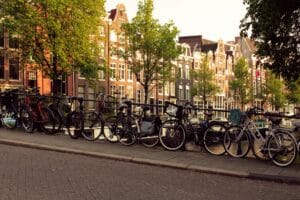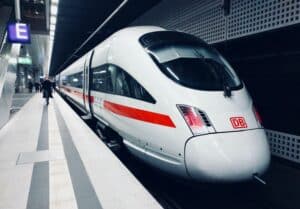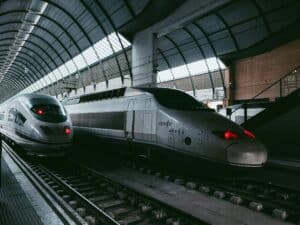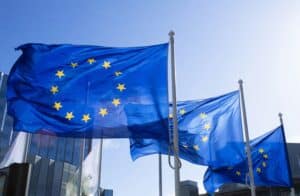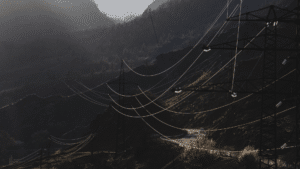- Executive Education
- RESEARCH
- Events
Executive Education
Designed by an International faculty of academics and experts, our courses — online, residential and tailor-made — are designed to meet the needs of professionals at all levels
Research
The School carries out applied research with the purpose of developing economically, legally, and socially-sound regulation and policy, using a multidisciplinary approach
Events
Our events bring together the world of academia and practice and offer a vast range of opportunities for practice sharing and open discussion


